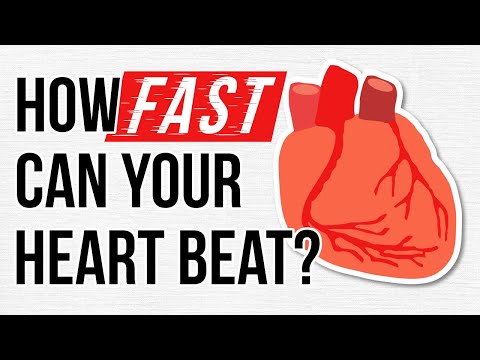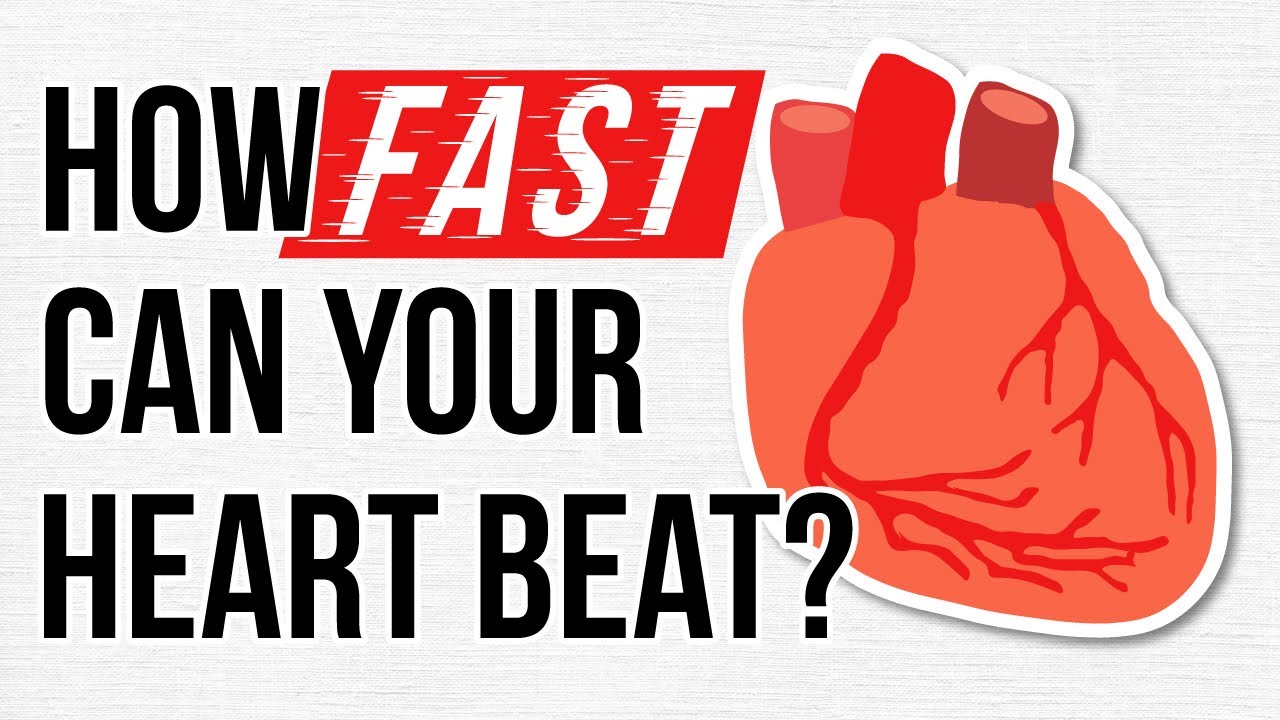When your heart beats too fast, it sets off a cascade of physiological responses that can leave you feeling both intrigued and concerned. Known as tachycardia, this rapid heart rate can be triggered by various factors, including stress, exercise, caffeine, or an underlying medical condition. The moment your heart starts racing, a surge of adrenaline courses through your veins, heightening your senses and alerting your body to potential danger. Your heart, working tirelessly, pumps an increased amount of blood to supply oxygen and nutrients to vital organs, while simultaneously expelling waste products. As your pulse quickens, you may experience a heightened sense of awareness, a rush of energy, or even a sense of exhilaration. However, if left uncontrolled, a persistently fast heart rate can lead to complications such as dizziness, shortness of breath, chest pain, or even fainting. It is crucial to identify and address the underlying cause of tachycardia to prevent potential long-term consequences. Seeking medical advice and practicing relaxation techniques, such as deep breathing or meditation, can help regulate your heart rate and restore a sense of calm. Understanding the intricacies of what happens when your heart beats too fast not only serves as a reminder of the remarkable capabilities of our bodies, but also highlights the importance of maintaining a healthy heart rhythm for overall well-being.

Effects of Tachycardia (Fast Heartbeat) on the Body
| Effects | Description |
|---|---|
| Decreased cardiac output | When the heart beats too fast, it may not have sufficient time to fill with blood, reducing the amount of blood pumped out of the heart with each contraction. This leads to decreased cardiac output, which can impair the delivery of oxygen and nutrients to tissues. |
| Shortness of breath | Tachycardia can cause rapid and shallow breathing, resulting in a feeling of breathlessness. The increased heart rate may not allow enough time for the lungs to adequately exchange oxygen and carbon dioxide, leading to a sensation of air hunger. |
| Dizziness and lightheadedness | Due to the rapid heartbeat, the brain may not receive enough blood supply. This can cause dizziness and lightheadedness, as well as potential loss of consciousness in severe cases. The inadequate blood flow to the brain can also impair cognitive function. |
| Increased risk of arrhythmias | Tachycardia can disrupt the heart’s electrical system, making it more prone to develop abnormal heart rhythms or arrhythmias. These irregular heartbeats can further compromise the heart’s ability to pump blood effectively, exacerbating the negative consequences of tachycardia. |
| Excessive fatigue | When the heart beats too fast, it works harder than usual to meet the body’s demands. This increased workload can lead to fatigue, as the heart muscles may become overworked and strained. Prolonged tachycardia can result in a persistent feeling of exhaustion even during minimal physical activity. |
| Increased risk of heart failure | Persistent or untreated tachycardia can progressively weaken the heart muscle, increasing the risk of heart failure. The rapid heartbeat puts excessive strain on the heart, resulting in reduced pumping efficiency over time. This can lead to fluid accumulation, shortness of breath, and other symptoms associated with heart failure. |
Heart Rhythms: Unveiling the Speed of Your Pulse
What Happens When Your Heart Beats Too Fast?
Having a fast heartbeat can be a scary and uncomfortable experience. It can leave you feeling anxious and worried about your health. Understanding what happens when your heart beats too fast can help alleviate some of that anxiety and provide you with the knowledge needed to take appropriate action. In this article, we will explore the effects of a fast heartbeat and what you can do to manage it.
1. Increased Heart Rate
When your heart beats too fast, it is referred to as tachycardia. Tachycardia is defined as a resting heart rate greater than 100 beats per minute. Under normal circumstances, a person’s resting heart rate should range between 60 to 100 beats per minute.
Tachycardia can be caused by a variety of factors, including stress, anxiety, physical exertion, caffeine, certain medications, or underlying medical conditions. When your heart rate increases, it pumps blood at a faster rate throughout your body.
2. Poor Blood Circulation
A fast heartbeat can have detrimental effects on blood circulation. When your heart beats too quickly, it may not have enough time to fill with blood between contractions. This can lead to inadequate blood supply to your organs and tissues.
Inadequate blood circulation can result in symptoms such as dizziness, lightheadedness, fainting, and shortness of breath. It can also cause chest pain or discomfort. If left untreated, it may increase the risk of more serious conditions, such as heart failure or stroke.
3. Increased Cardiac Workload
When your heart beats too fast, it is working harder than necessary. The increased heart rate places additional strain on the heart, which can lead to long-term consequences if not managed properly.
The heart’s main job is to pump blood to the rest of the body. When it has to work harder, it can become enlarged or weakened over time. This can eventually lead to heart failure, a condition in which the heart is unable to pump enough blood to meet the body’s needs.
4. Electrical Disruptions
A fast heartbeat can disrupt the normal electrical signals that regulate your heart’s rhythm. This can result in abnormal heart rhythms, known as arrhythmias.
Arrhythmias can be mild and temporary or more serious and require medical intervention. Some common types of arrhythmias associated with a fast heartbeat include atrial fibrillation, atrial flutter, and ventricular tachycardia. These arrhythmias can increase the risk of blood clots, stroke, and other complications.
5. Management and Prevention
If you experience a fast heartbeat, it is important to seek medical attention to determine the underlying cause and appropriate treatment. Your doctor may recommend lifestyle changes, such as reducing stress, avoiding triggers like caffeine, or increasing physical activity.
In some cases, medications may be prescribed to help regulate your heart rate. These medications can include beta-blockers, calcium channel blockers, or anti-arrhythmic drugs. In more severe cases, medical procedures such as cardioversion or ablation may be necessary to restore normal heart rhythm.
Preventing a fast heartbeat involves adopting a healthy lifestyle. This includes maintaining a balanced diet, exercising regularly, managing stress, and avoiding excessive caffeine or alcohol consumption. It is also important to manage any underlying medical conditions that may contribute to an increased heart rate.
Conclusion
A fast heartbeat can have significant effects on your overall health and wellbeing. Understanding the consequences of a fast heartbeat and taking appropriate action is vital in maintaining a healthy heart. By seeking medical attention, adopting a healthy lifestyle, and following your healthcare provider’s recommendations, you can effectively manage and prevent a fast heartbeat.

